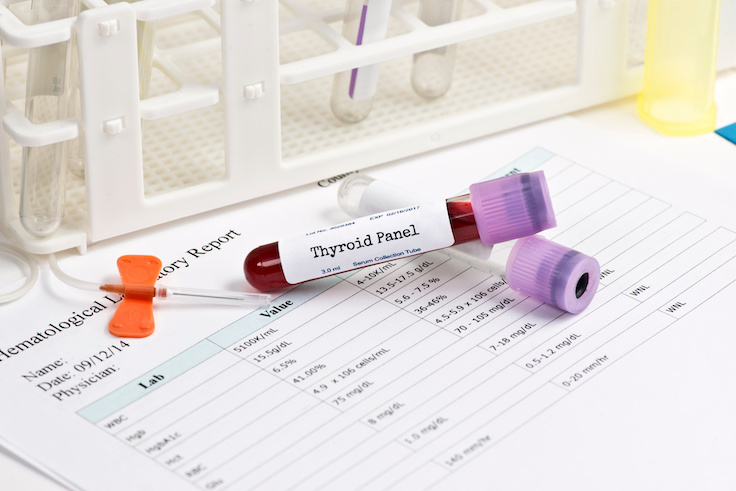How I Interpret Your Thyroid Lab Tests
At least once each year, most adults have — or should have — a blood test to evaluate thyroid health and function. For most people, these tests come back normal. That’s good news. It’s usually a sign that the thyroid is doing its job properly.
When everything is working well, the thyroid helps to regulate body functions. These functions include metabolism, which is the process of converting food into energy. Too little thyroid hormone causes weight gain; excessive thyroid hormone causes weight loss.

Heart rate and blood pressure also rely on proper functioning of the thyroid. A lack of thyroid hormone (hypothyroidism) can cause fatigue, depression, brain fog, muscle cramps, cold intolerance, weight gain, or dry skin. Too much thyroid hormone (hyperthyroidism) can result in rapid heart rate, excessive sweating, nervousness/agitation, anxiety, weight loss, restless sleep, headaches, or chronic fatigue.
A Challenging Diagnosis
More than half the people with normal thyroid function will display some of the symptoms associated with thyroid dysfunction, and this can make it difficult to accurately diagnose the problem. What’s required is a closer look at blood tests, symptoms, medical and family history, and any previous diagnoses and treatments.
Some form of thyroid disease is apparent in about 6 percent of the population, with the majority of those cases showing low levels of the thyroid hormone (hypothyroid).
At BioDesign Wellness Clinic, a Tampa functional medicine clinic, I often see patients who are looking for a Continue reading…


